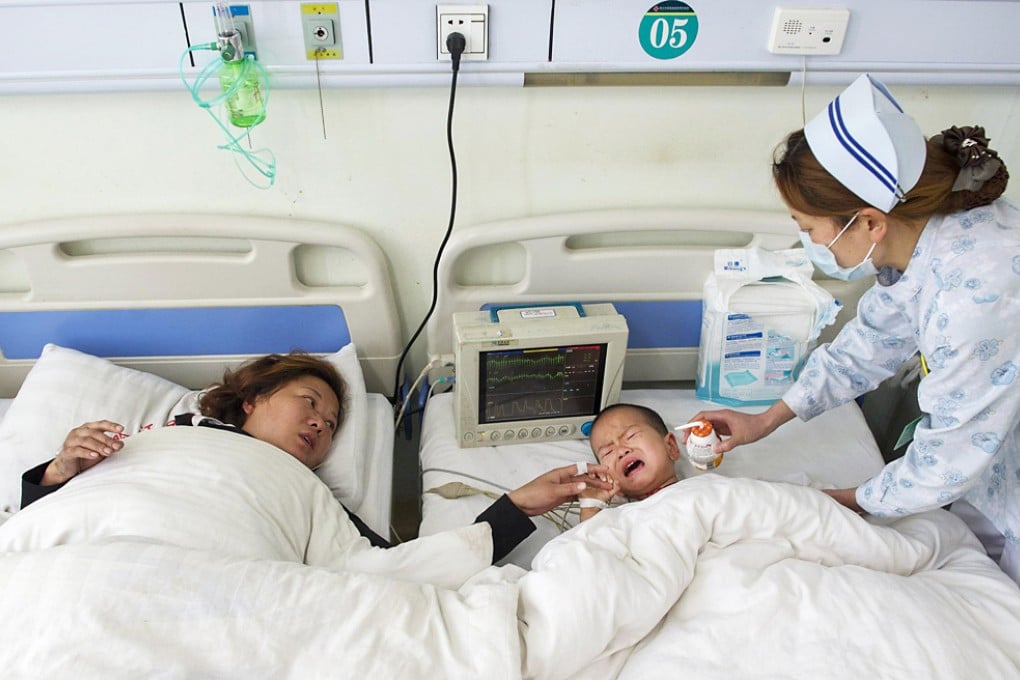China health care reform poses risks and opportunities for foreign firms
Health care reform in China, unfolding amid a government crackdown on corruption, presents opportunities and challenges to foreign players

China's health care reforms present opportunities and challenges to foreign health care firms, according to speakers at a recent hearing of the US-China Economic and Security Review Commission, a United States government agency that advises Congress on Sino-US relations.

With annual sales of US$71 billion, China is the world's third-largest market for pharmaceuticals, Huang said at the hearing in Washington.
As the annual growth rate of sales in the country is between 15 per cent and 20 per cent, twice the growth rate in the US, China is poised to become the second-largest market by next year, he said.
McKinsey, a US management consultancy, estimated China's health care spending would grow from US$357 billion in 2011 to US$1 trillion by 2020.
The country's market for over-the-counter and branded generic drugs will leap from US$23 billion in 2010 to over US$369 billion by 2020, said Benjamin Shobert, managing director of Rubicon Strategy and senior associate of the National Bureau of Asian Research.